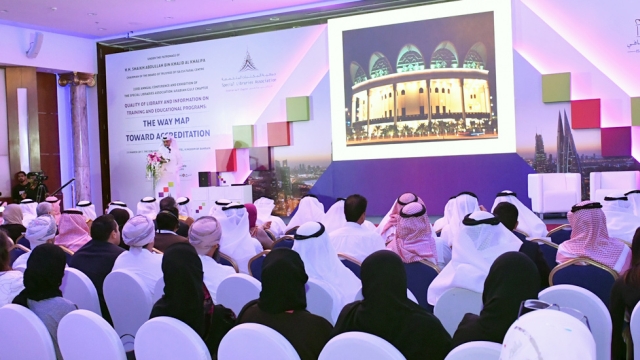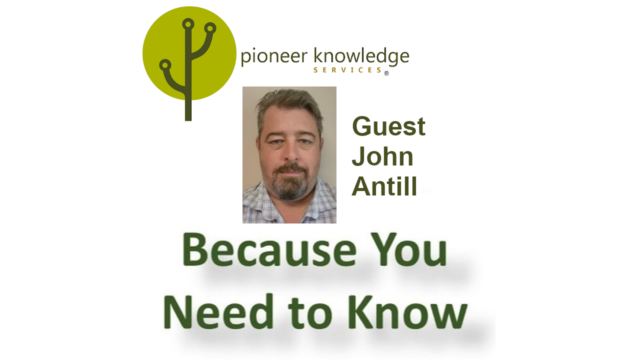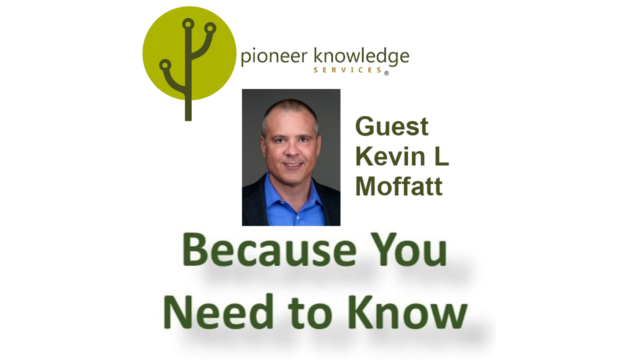
Case study of cultural differences in KM: Islamic Knowledge Management (IKM) (part 2)
This article is part of an ongoing series of articles on cultural awareness in KM.
In the first part of this two-part series of articles, I reviewed a 2011 study1 by Associate Professor Muhamadul Bakir Hj. Yaakub of the International Islamic University Malaysia titled “Islamic conceptualisation of knowledge management”. The study revealed that there are cultural differences in the way in which “knowledge” and “knowledge management” are conceptualized, an issue that I had previously foreshadowed.
In his study, Yaakub provides a functional model for Islamic Knowledge Management (IKM), which differs from the functional model for knowledge management (KM). He then provides principles of IKM application, and justification for the need for IKM, advising that “IKM is very fundamental for a Muslim manager in achieving his managerial function, progress and productivities.”
In this second part of the two-part series, I review three further papers that discuss the implications of Islamic Knowledge Management (IKM) for human capital development, the Muslim education system, and Islamic Moderation.
IKM and human capital development
As Yaakub advised in his “Islamic conceptualisation of knowledge management” paper, “Muslims believe that knowledge originates from God”, so religious knowledge is a fundamental aspect of knowledge and knowledge management in Islamic Knowledge Management (IKM).
The paper2 “Human Capital Development from Islamic Knowledge Management Perspective” reinforces the importance of religious knowledge in regard to human capital development.
The paper authors advise that:
- The development of human capital should be based on integrated knowledge.
- There are stages that a Muslim must go through in turning knowledge into understanding for human capital development. Data development can be regarded as the first foundational basis for human capital development, leading a person out of the human ignorance stage.
- Human capital development should be initiated together with human physical development, because a person who is physically weak will be not capable of developing data and resources.
- Islam not only requires humans to go through the stages of data development, information development, and knowledge development, but also gives them methodologies for the development of their spiritual wellbeing. In this context, people have to reach a certain level of emotional development in regard to the truthfulness of the factual data, information, and knowledge upon which they base their understandings.
The stages of data development, information development, and knowledge development as described by the authors are based on the linear data–information–knowledge–wisdom (DIKW) model. But as David Williams advises3, the DIKW model has serious shortcomings, so there would be benefits in updating the “Human Capital Development from Islamic Knowledge Management Perspective” paper in the context of Williams’ AKI model.
IKM and Muslim education
The paper4 “Islamic Worldview on Knowledge Management: Implication for Muslim Education System” similarly affirms that religious knowledge is a fundamental aspect of knowledge and knowledge management in Islamic Knowledge Management (IKM). And, like the human capital development paper, it is also based in the DIKW model, so would benefit from an update in the context of Williams’ AKI model.
As discussed in the first part of this two-part series, in IKM, God is the source of all knowledge. The authors of “Islamic Worldview on Knowledge Management: Implication for Muslim Education System” advise that from an educational point of view, this revealed knowledge comprises two components: (1) intermediary human sciences and (2) physical and natural sciences:
The Intermediary human sciences investigates the implications of the Revealed sciences on man, his family and the society. They establish certain spiritual, moral and ethical codes for men and their interpersonal dealings and transactions. However, at the applied and practical levels, the intellectual knowledge is of tentative truth and always to be judged in the light of the … [revealed sciences].
Then, there is the Physical and Natural Sciences [which] include[s] sciences such as physics, astronomy, biology and abstract sciences such as mathematics and logics, whose subject matter is nature … They investigate the physical reality, not the spiritual or metaphysical reality.
The paper authors alert that this means that Islam is not just a belief or faith system, but a faith-based way of life, and that because of this, Muslims need to develop the idea of knowledge within a faith-based structure. This structure has five dimensions:
The Faith Dimension: … Muslims are obliged to have an indelible and unflinching faith in Almighty Allah and other higher truths that they are reverberated in their inner belief, thoughts, attitudes, behaviours, rituals and external actions, deeds.
The Knowledge Dimension: Instilling faith in the minds of students in a way the most inspiring and motivating manner is indispensable to the educational endeavour in general and the … [Muslim education] in particular. This necessitates a thorough and in-depth knowledge of its various elements of the faith structure.
The Virtue Dimension: Simply, virtue functions as criterion and means of deployments and enacting of the faith principles, which is the goals of human life; and consequently, the goal of education.
The Psycho-Social Dimension: This dimension … summarizes the Islamic viewpoint on humans; the various spiritual and physical components in them, the nature and ultimate purpose of human existence on the earth. … [Muslim education] therefore should stress the personal or individual scope of education to meet the spiritual, intellectual and psychic needs of man.
The Civilizational Dimension: … this dimension stresses the wisdom behind striving for material advancement. It is all about struggling for creating an attachment to morality and awakening the moral consciousness among the people. should present a blue-print and roadmap for ever
The authors sum up the importance of these dimensions in Muslim education by stating that:
all the five dimensions, independently as well as coherently as one architectonic whole provide epistemological foundations and principles which set parameters and criteria to the concept of ‘knowledge,’ knowledge creation, management, management strategy, sharing and all other related concepts such data mining, information retrieval etc.
Such a framework … should present a blue-print and roadmap for every endeavour in Muslim education.
IKM and Islamic moderation
The third paper5 is titled “A Conceptual Analysis of Wasatiyyah (Islamic Moderation-IM) from Islamic Knowledge Management (IKM) Perspective.”
The paper authors report that Wasatiyyah, or Islamic Moderation (IM), is a concept addressing the issue of balance or the act of being just:
Muslim scholars … generally, agree to define IM based on the manner and purpose of an individual act. This meaning is observed through the justice, intermediate, and balance[d] approaches especially within the context of socio-cultural engagement within [the] multi-racial community. It is very important for a Muslim to … [have a good] personality and attitude and become a person (also a nation) with noble charismatic characteristics, which entitle them to become an exemplary model in the community, who act and react accordingly without exceeding limitations and [being] negligent, not excessive in the matter of religion, and also not neglecting duties as a vicegerent
The authors alert that this definition is vague and unusable without accurate functional knowledge, advising that, in the context of Islamic Knowledge Management (IKM) as discussed in the first part of this two-part series:
[a] Muslim as a practitioner of IM, should always stands in the most effective position and function, deeply conscious with the surrounding matters, accurate judgment and comprehensive knowledge about the pros and cons of a matter, whether it is just, true and valid. This sort of standing and ability qualified the practitioner to become a witness in giving true explanation or evidence toward others whose circumstances are less qualified, especially in term of good conduct and appropriate action that suit its needs and objectives.
Header image: The 23rd Annual Conference of the Special Libraries Association / Arabian Gulf Chapter in Bahrain, where I was able to gain an introductory insight into Islamic Knowledge Management (IKM).
References:
- Yaakub, M.B.H.. (2011). Islamic conceptualisation of knowledge management. American Journal of Economics and Business Administration, 3(2), 363-369. ↩
- Bakir, M., Sofian, M., Hussin, F., & Othman, K. (2015). Human Capital Development from Islamic Knowledge Management Perspective. Revelation and Science 5(1): 18-26. ↩
- Williams, D. (2014). Models, metaphors and symbols for information and knowledge systems. Journal of Entrepreneurship, Management, and Innovation. ↩
- Al-Hudawi, S., Musah, M., & Hamdan, R. (2014). Islamic Worldview on Knowledge Management: Implication for Muslim Education System. World Journal of Islamic History and Civilization 4(2): 66-74. ↩
- Bakir, M., & Othman, K. (2017). A Conceptual Analysis of Wasatiyyah (Islamic Moderation-IM) from Islamic Knowledge Management (IKM) Perspective. Revelation and Science 7(1): 21-31. ↩
Also published on Medium.





